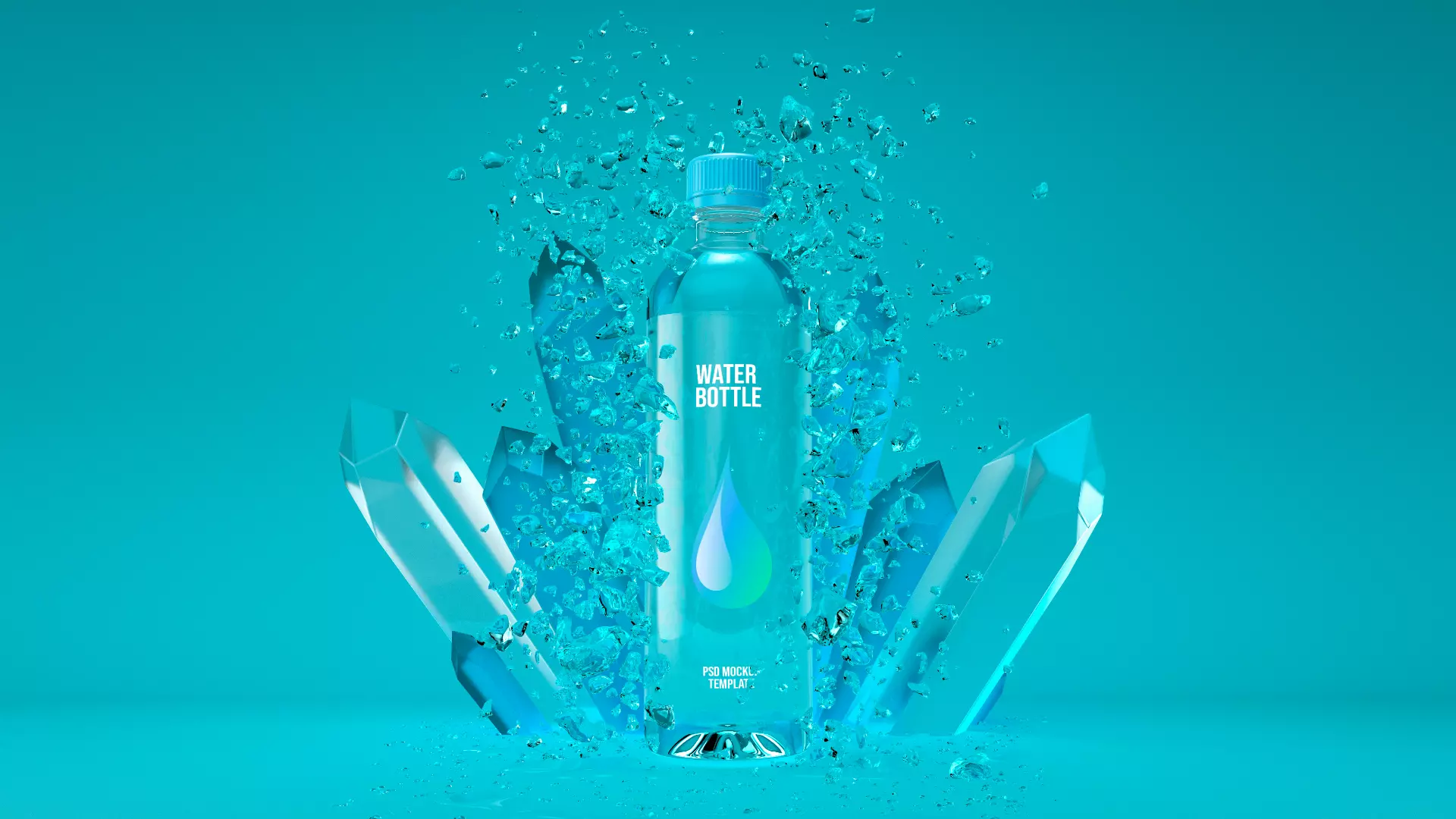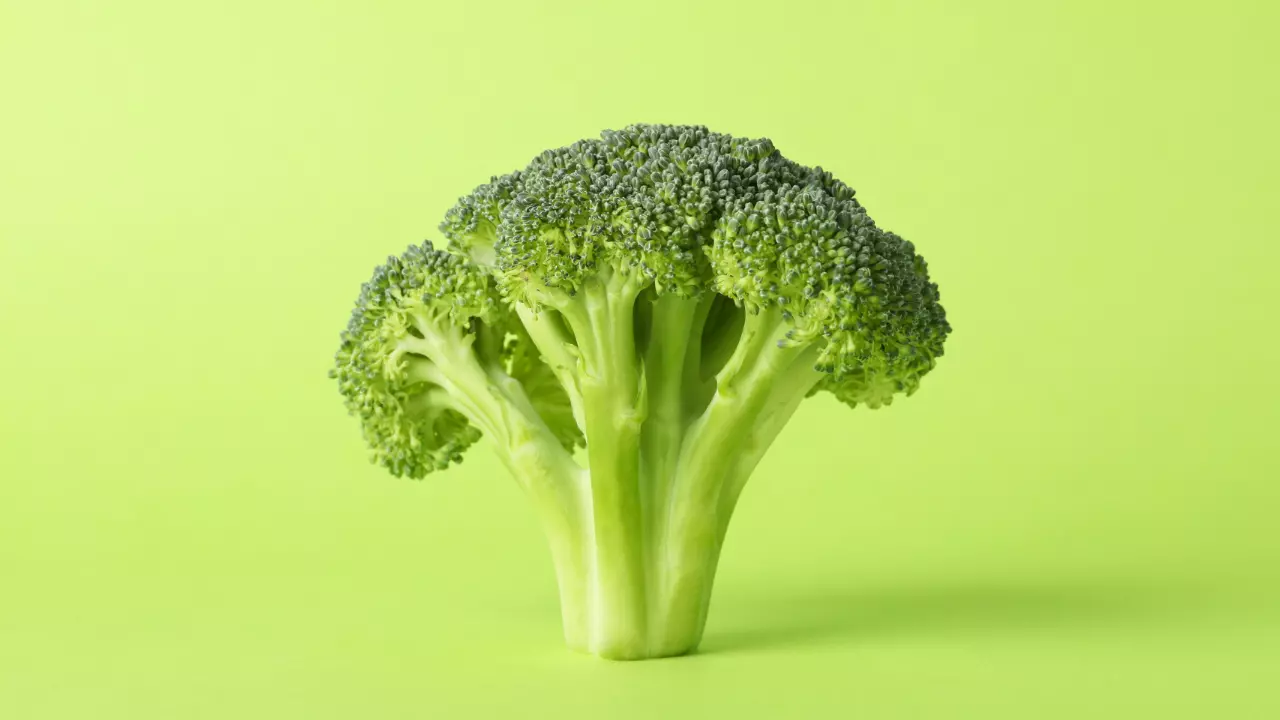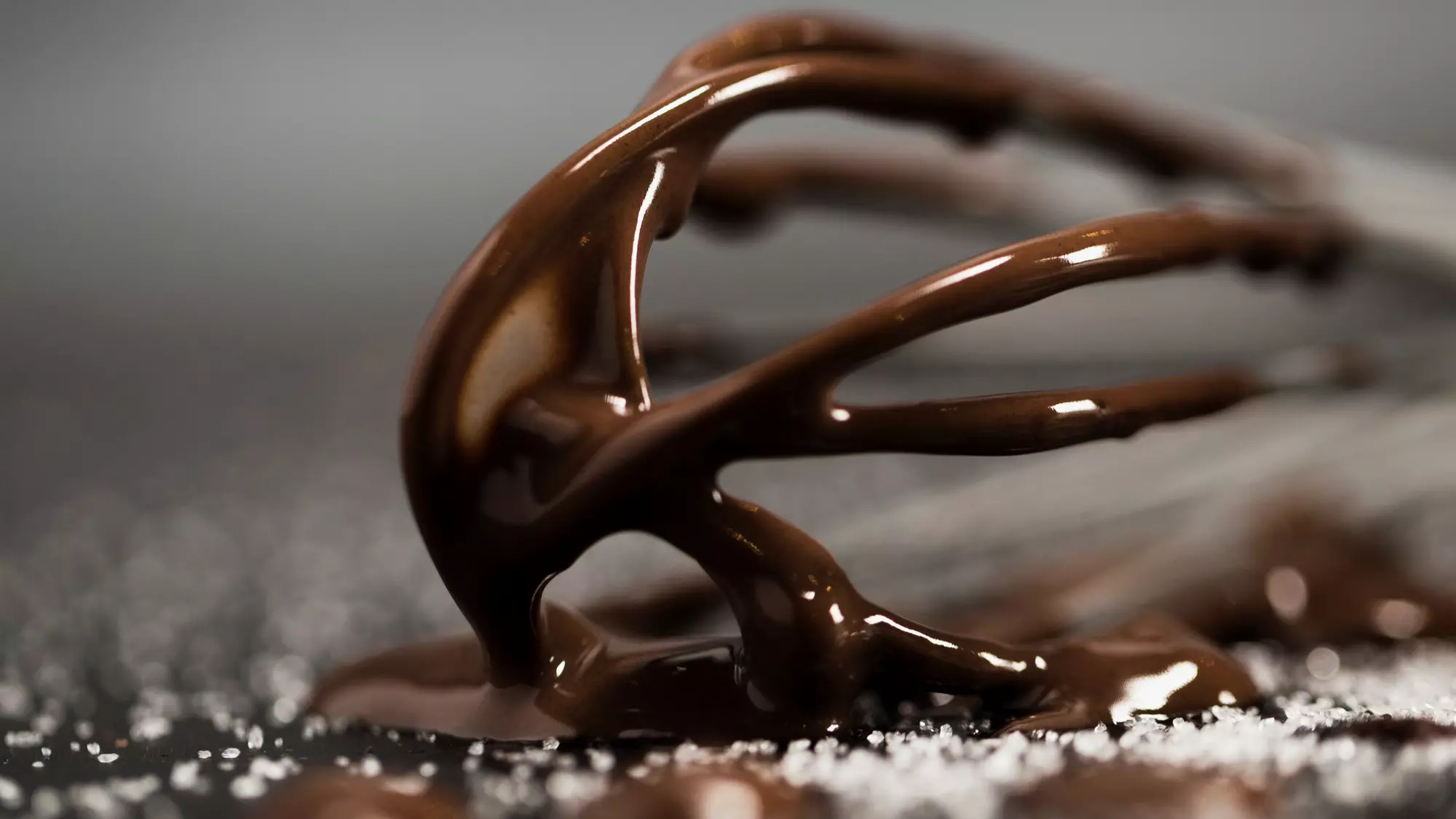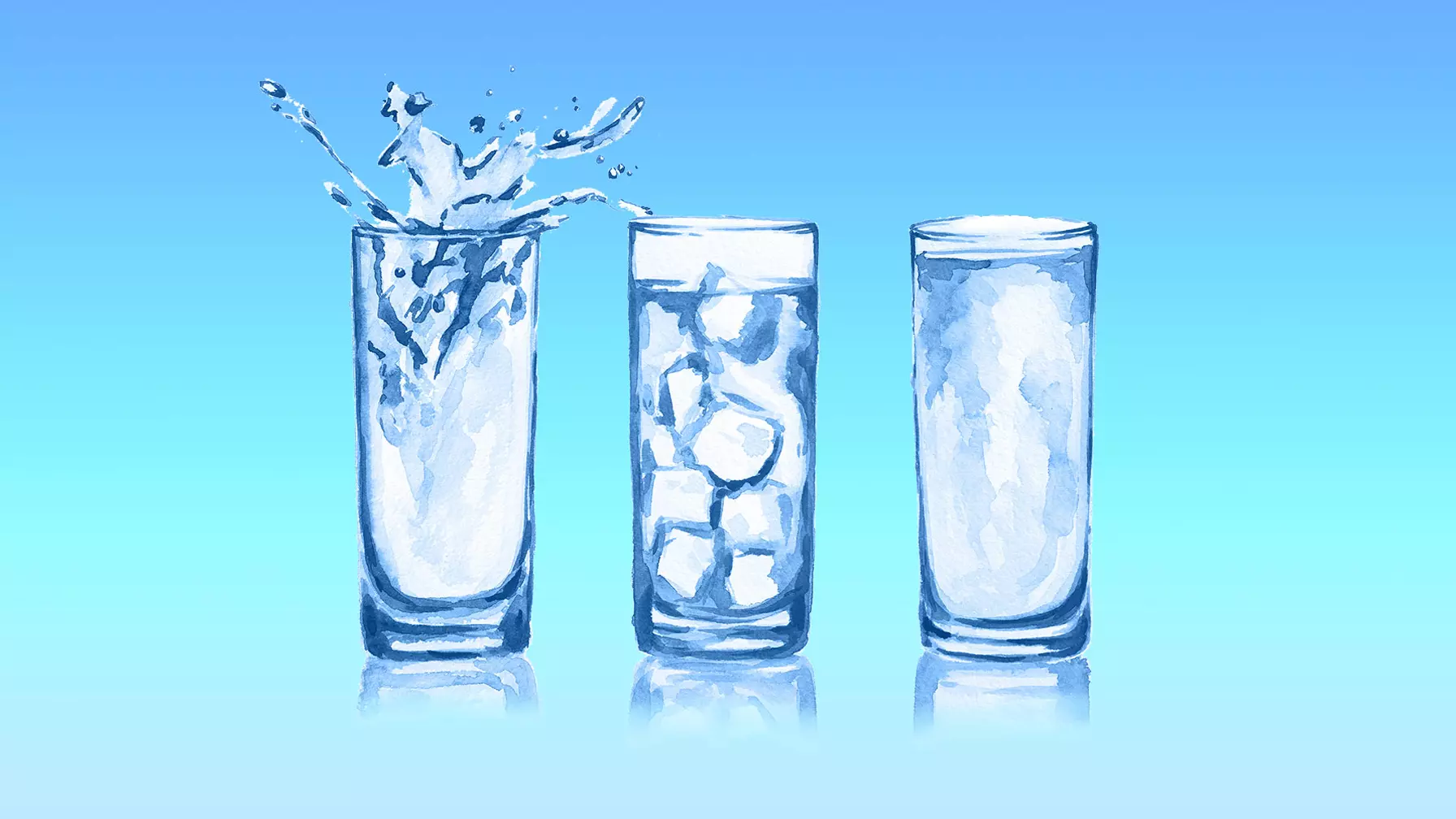Is water wet or dry? Why?
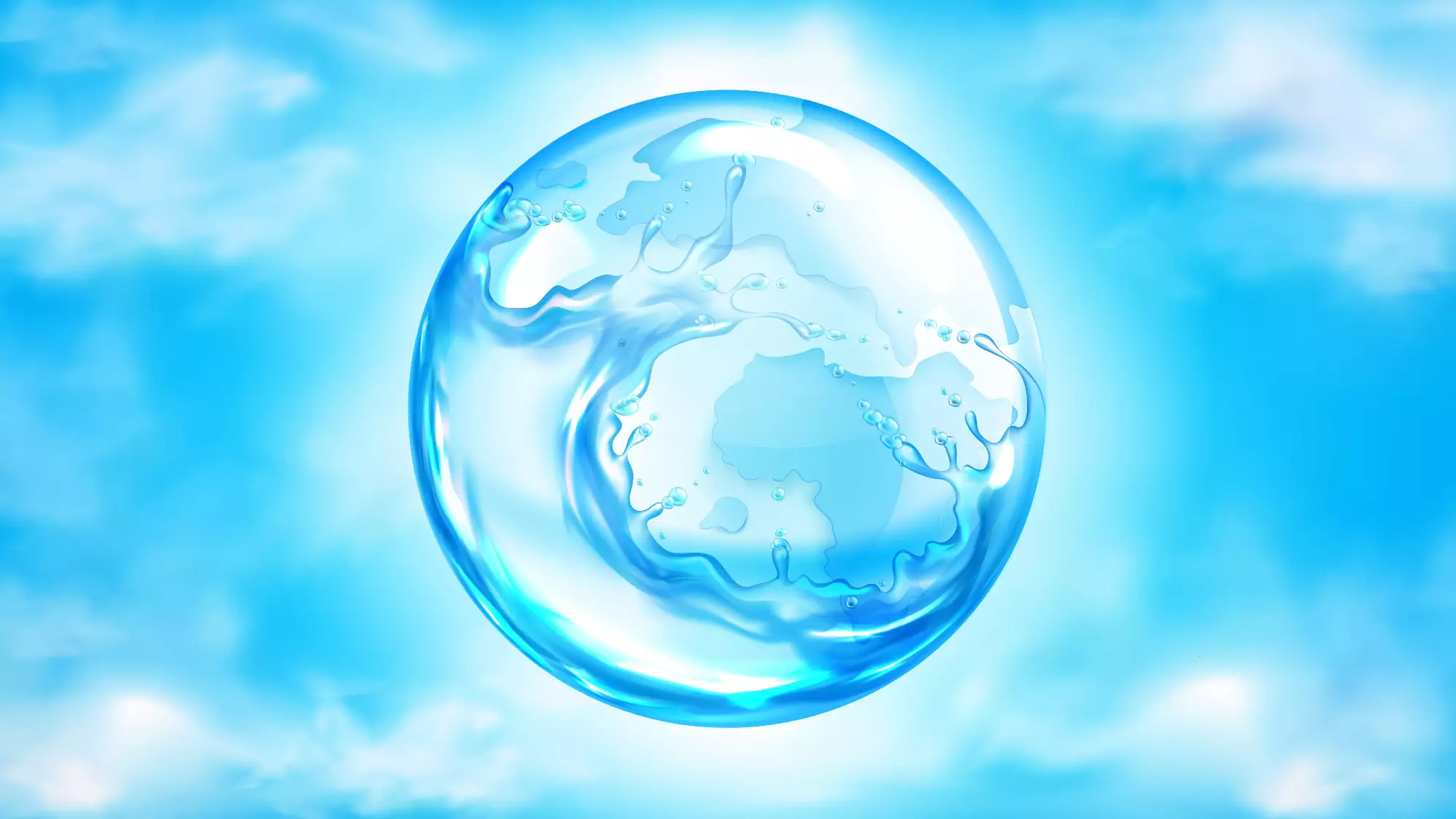
Content
There are many questions, hearing which we involuntarily smile or shrug our shoulders in bewilderment and answer: “Why, why…! Because!” and we can't find an answer. One such question is “is water wet?”. It would seem that it is meaningless and does not have a clear answer. Well, except for this: It's water, so it's wet. What is not clear here?
If you have kids who are just getting older, then be prepared for thousands of why's. Among which there will definitely be this question. If you want to give a full answer to it, and strengthen your knowledge, be sure to read this article. In it, we will tell you why the water is wet! By the way, perhaps this will help you understand why water purification is needed.
Why is water wet: it's not as simple as it seems
Let's start with the fact that human skin does not have receptors that would allow it to perceive moisture. So, why does she feel like the water is wet? Scientists who have been investigating this problem for a long time finally found the answer to everyone's question. French researchers argue that the reason is as follows – a person simply feels special changes in temperature and texture that occur when in contact with moisture.
Research
Several men were selected for research conducted by French scientists, whose skin was exposed to water of different temperatures, which made it possible to determine exactly how the body reacts. Special equipment was used to obtain the measurement results. In addition, the subjects themselves spoke about their feelings, what level of humidity they experience. Studies were conducted on various parts of the body: on the skin covered with hair, on bare skin, on fingertips.
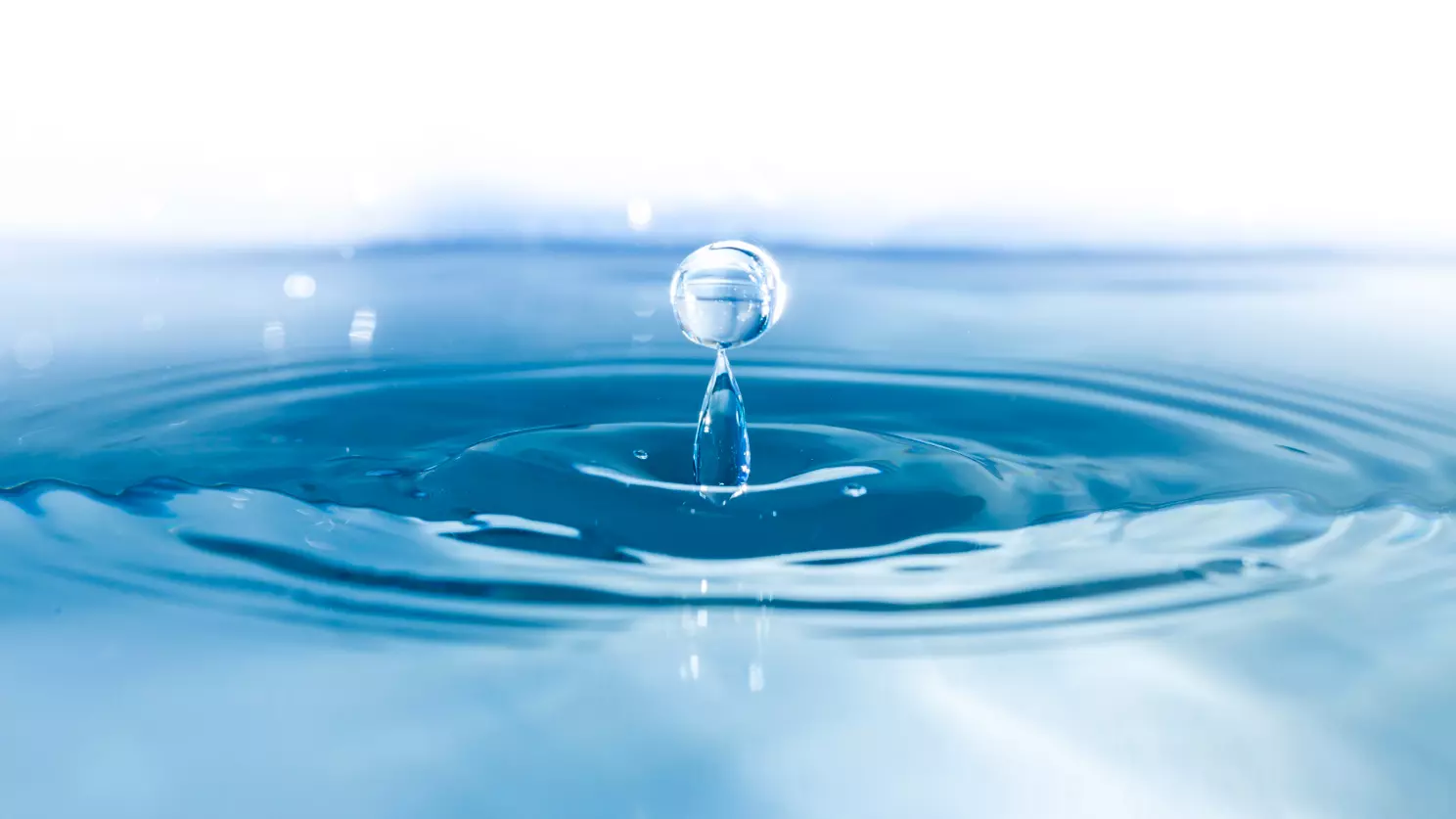
Naturally, in each individual case, the results of the studies differed. According to the results of the experiments, it was found that the test subjects experienced the highest humidity when treated with cold water. And what is remarkable, as it turned out, the skin covered with hairs is more sensitive to moisture than completely naked.
Considering the results of the experiments, scientists have found that the sensation of water moisture is nothing more than a perception feature. That is, when there is contact with water, the human brain subconsciously immediately understands this as moisture. Because a person already has knowledge that says that water is necessarily wet!
Scientific answer: “is water wet?”
Water is an important component of all living things. According to scientific research, about 70% of the Earth's surface is covered with water, the human body also consists of an average of 60% of liquid. It is she who is a significant and indispensable component of all organisms.
The question often arises, to which many are looking for an answer – is water wet? If you follow the scientific perspective, then the water is “wet” because it is in a liquid state, and therefore this effect is obtained. However, this rather childish question is slightly incorrect. Most likely, it is not water that is wet, but objects that interact with it.
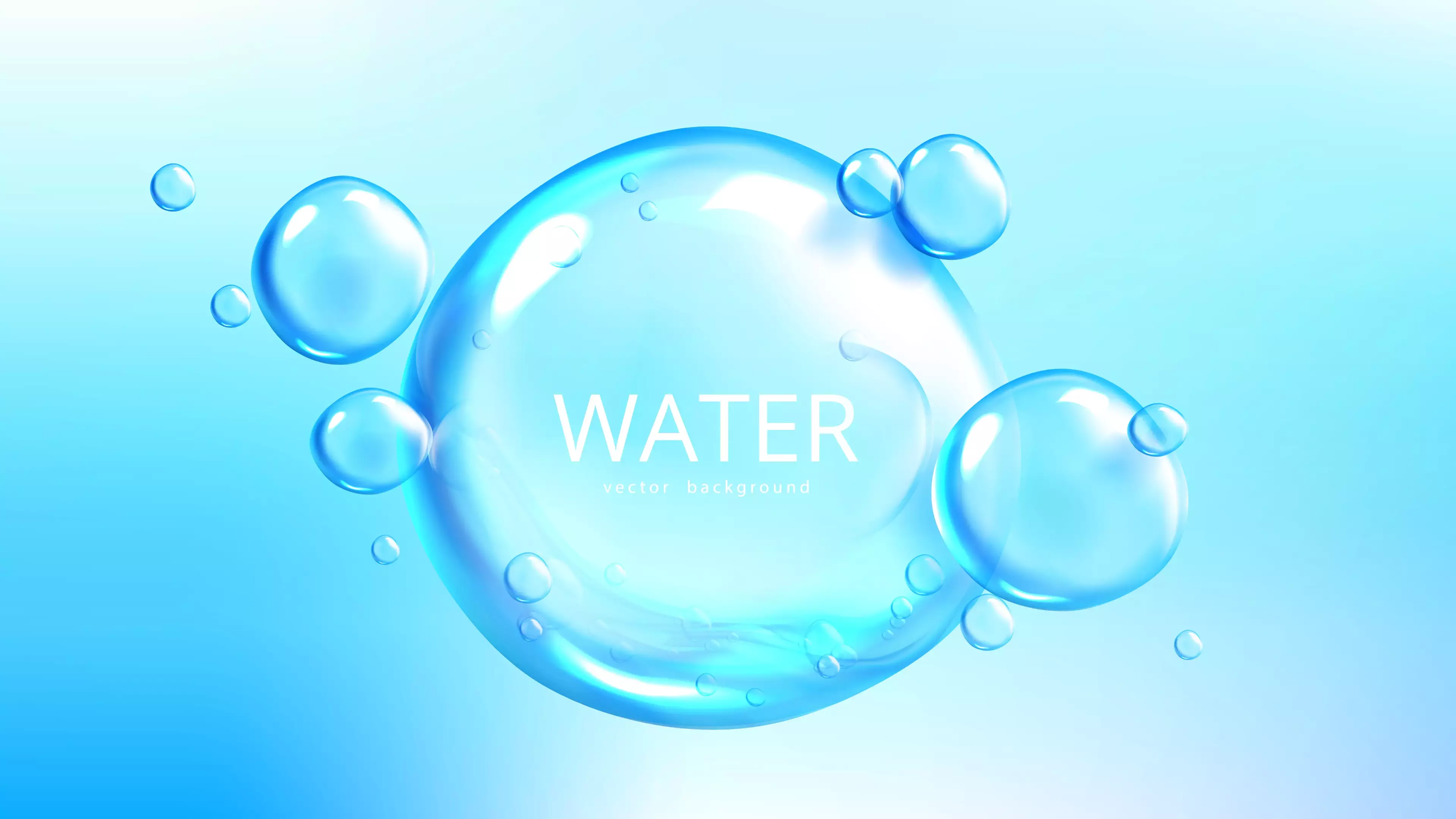
Why do objects that fall into water become wet? This liquid has a wetting property. Drops, falling on the skin or objects, spread in a thin layer. Moreover, if the surface of the porous structure, then the water is absorbed, things become wet. However, if they are treated with water-repellent substances, the wetting effect will be minimal, and the items will be dry.
Properties
Water has wetting properties due to the special structure of molecules that have electrical polarity. The water molecule consists of one oxygen atom and two hydrogen atoms, which are arranged asymmetrically. If they are connected, then a polar molecule will appear, which, like a magnet, is attracted to other polar molecules. However, in the case when an object or thing consists of non-polar molecules or molecules with weak polarity, then water does not stick to them, respectively, objects do not become wet.
If you bring your hand underwater, you can feel that the molecules of the liquid are attracted to the molecules of the skin. This makes the hand wet. However, the liquid cannot keep its shape on its own, so a little water flows down the hand and does not wet it.
Water has the unique ability to mix and adhere to a wide variety of surfaces, so it can seep into the pores of objects and make them wet or damp. Water molecules stick to these objects, hence the “phlegm” effect.
However, water can be not only “wet”, but also “dry”. This can be achieved by adding a little silicic acid powder to the water and shaking it a little. As a result, it will turn into a dry, free-flowing powder. Although water can be in three states – solid, liquid and gaseous – yet most often its liquid, “wet” state prevails in life. But, you can read more about dry water below.
Dry water: what does this concept include?
The very concept of “dry water” sounds somewhat paradoxical. After all, we are used to the fact that water is wet. It's like a constant that the sky is blue, and the sea is salty. But let's move away from the eternal stamps a little and try to take a fresh look at the established order of things. What does the concept of “dry water” mean, and can it be considered water at all? In this article, we will help you understand this and answer all frequently asked questions.
What is dry water?
Parts of reservoirs and natural phenomena can be called dry water.

These include:
- Small, unsuitable for navigation, part of any body of water;
- Strong shallowing of rivers or strong sea tide.
However, as stated above, these are only allegorical designations of the term. The main meaning is entirely different concepts.
Why do we need dry water?
Dry water is a substance that has practical applications. This is because it has very unusual properties:
- Water forms hydrate when interacting with gases, which allows it to be used to extinguish a fire;
- H2O in dry form can actively absorb and retain carbon dioxide, which makes it possible to use it to protect the environment.
Thus, the use of dry water allows us to solve critical tasks – to eliminate fires and take care of the environment because it is absolutely harmless to nature. It is no secret that over the past decades, the environment has deteriorated several times. This is due to the difficulty in recycling waste, excessive use of plastic and dangerous chemicals that are produced for various reasons, including industrial ones. If you do not intervene in the situation that has developed currently, to correct it, this can lead to many negative consequences related to the environment. Climate change is no exception.
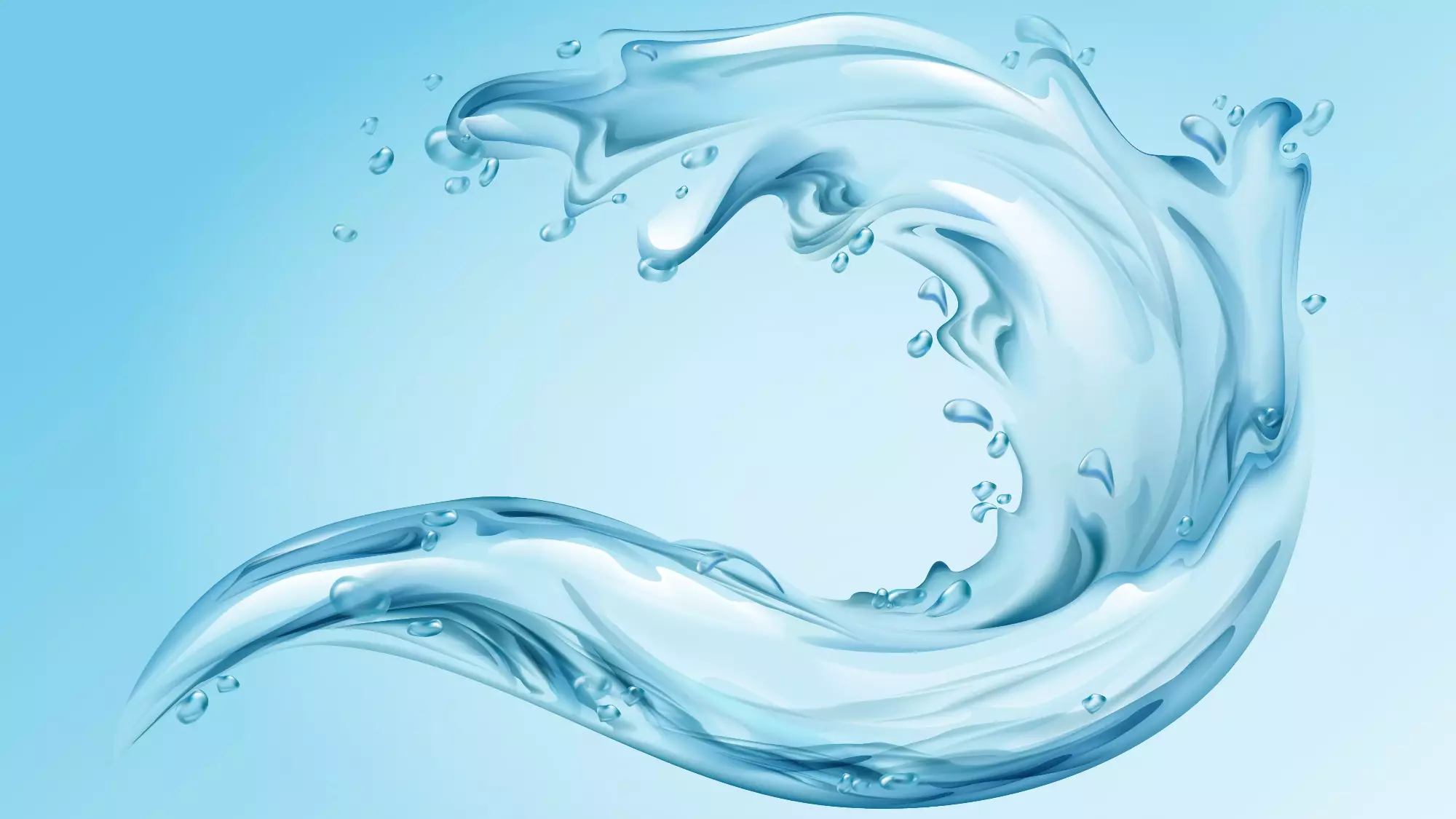
Many scientists, concerned about the problems of the coming global warming, see salvation in the use of this substance. This idea was visited by researchers because the products can absorb a variety of gases. As a result, it can eliminate the harmful elements emitted into the air by mankind. However, today, the technology that could make this idea a reality has not yet been invented. It is possible that in the future, the possibilities for using products will become much wider, and people will be able to discover even more amazing properties in it.
Features of dry water
The main features that dry H2O has are:
- Fluorine acts as an oxidizing agent for water. And the oxidizing agent of ordinary water is oxygen;
- The substance is not a conductor of electricity;
- The boiling point of products does not exceed 50 degrees. For this reason, it cannot be burned;
- Dry water freezes if the temperature reaches 180 degrees;
- The substance does not pose any harm to humans. However, not everyone recommends using it as a drink. It is impossible to brew tea and dissolve sugar in such water;
- The dry residue in the water can absorb carbon dioxide well.
 190 cm to inches
190 cm to inches
 17.5 cm to inches
17.5 cm to inches


